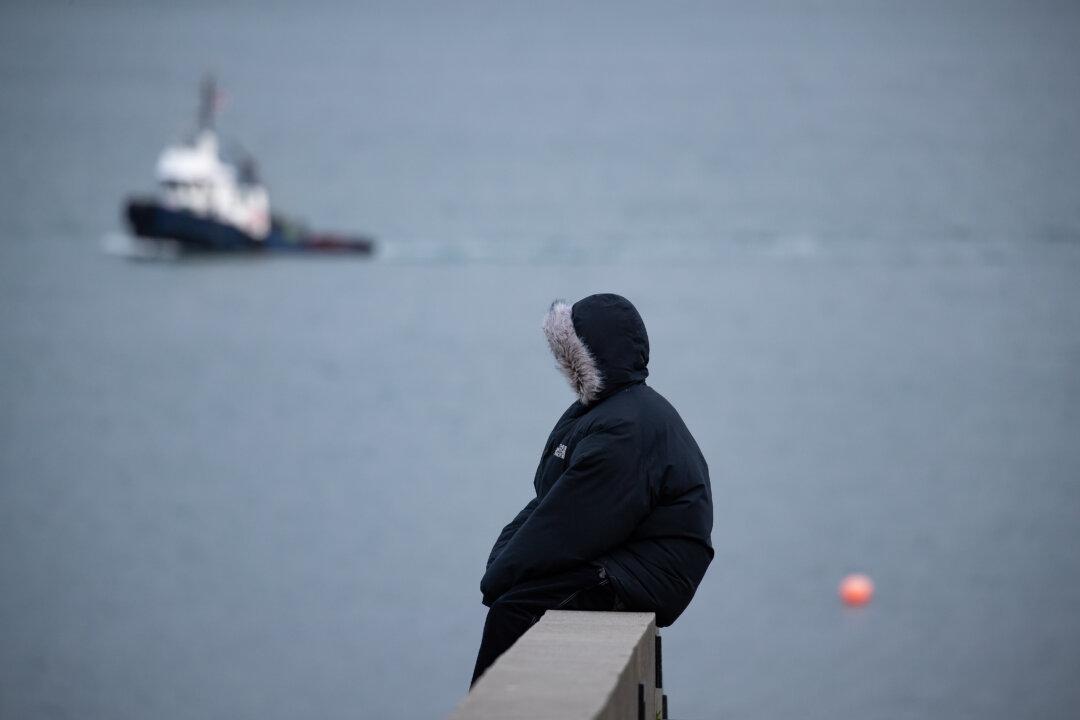Albertans across the entire province should brace themselves for extreme cold, while residents in some regions of British Columbia, Saskatchewan, and Yukon should prepare for similarly cold weather, Environment Canada warns.
The federal agency’s latest public weather alerts on Monday morning warned of extreme cold early in the day, with the coldest values between -40 C and -55 C.





